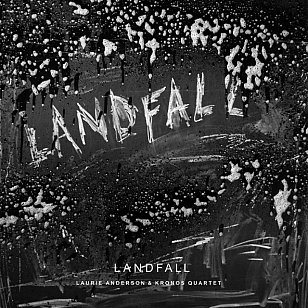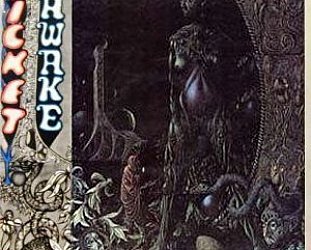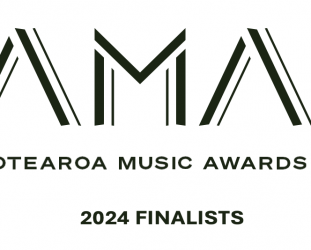Graham Reid | | 1 min read
It Twisted the Street Signs

Although they have long moved in similar circles this is, surprisingly, the first album violinist/storyteller and composer Laurie Anderson and the avant-classical Kronos Quartet have recorded together.
Revolving around, recounting and recreating Anderson's experiences of Hurricane Sandy in 2012, it pulls together strings, electronica, subtle samples and Anderson's coolly dispassionate but evocative spoken words into 30 discrete pieces. They open with an impending sense of menace and portentous strings (CNN Predicts a Monster Storm, Wind Whistles Through the Dark City) then an increasing sense of tumultuousness (The Water Rises, Our Street is a Black River where Anderson's almost clinically poetic softly spoken words liken the swirl of Sandy from above looking like an unknown galaxy).
But as is often the case with Anderson, her subject can be approached through dream states, what seem like overheard conversations, her vocal processing and sampled loops of Kronos' dramatic strings (The Electricity Goes Out And We Move to a Hotel), tangents which present the mundane among the dramatic events (singing karaoke in bar) . . .
But everywhere it is the stridency of the strings, the white-knuckle tension of the short and often abrupt musical passages, the occasional sections which are deliberately melodramatic before the real drama arrives, the angrily plucked, stretched and hammered instruments which convey the chaos and fury of Sandy's indifference to the landscape and people beneath and within it . . .
The juxtaposition of electronic effects alludes to the fracturing technology during such an event (televisions, lights, software) and the quartet often parallels the title of the piece (It Twisted The Street Signs is a contorted 73 seconds of increasing tension and ferocity, later comes the mournful and funereally slow Another Long Evening).
This a procession of (mostly) instrumental music where genres are ignored or brought to bear on each other to recreate the moods and moments within such a catastrophic natural event.
Towards the end there is an inevitable sense of stillness and stasis (“after the storm I went down to the basement and everything was floating . . . and I thought, how beautiful, how magic, how catastrophic”) but also the disorientation Sandy has brought.
Landfall is ambitious in that it takes a major event which affected thousands, sometimes distills things down to the personal but also maintains the larger picture of Nature on the loose.
Not an album for everyone but a remarkable achievement in that it is an almost narrative but mostly an evocation which avoids comfortable resolution.





post a comment